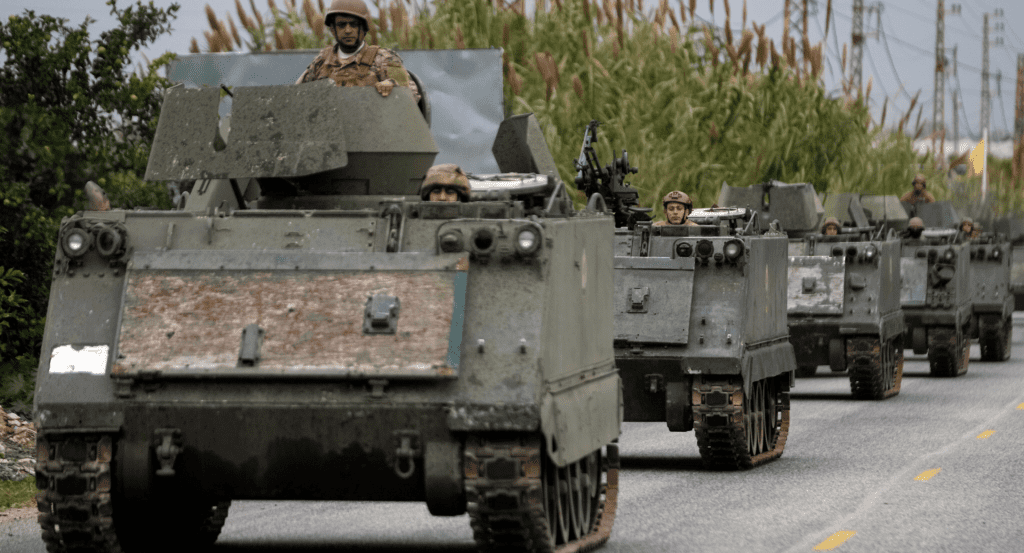A ceasefire agreement between Israel and Hezbollah has taken effect, bringing an end to a year of hostilities that has caused significant devastation on both sides. The ceasefire, brokered by international mediators, comes after months of escalations and diplomatic efforts aimed at restoring calm in the region.
The year-long conflict has taken a heavy toll, with widespread destruction in parts of southern Lebanon and northern Israel. Thousands of families have been displaced, and civilian casualties have mounted, underscoring the urgent need for a peaceful resolution.
The ceasefire agreement includes commitments from both parties to halt military operations and de-escalate tensions. However, Hezbollah has expressed reservations, with its leadership vowing to continue “resistance” against perceived threats. Hezbollah leader Hassan Nasrallah stated that while the ceasefire is being honored, the group remains committed to its ideological and territorial goals, signaling that underlying tensions persist.
On the Israeli side, officials have cautiously welcomed the ceasefire but emphasized the need for vigilance. Israel’s Defense Minister remarked that the country remains prepared to defend itself in case of further provocations.
The cessation of hostilities brings relief to thousands of civilians caught in the crossfire. In southern Lebanon, residents have begun returning to their homes, though many find their communities in ruins. Northern Israel, which experienced frequent rocket attacks during the conflict, is also beginning the slow process of rebuilding.
International aid organizations have mobilized resources to provide humanitarian assistance to affected areas, with particular focus on displaced families and children.
While the ceasefire marks a crucial step toward stability, analysts warn that the agreement is fragile. Both sides maintain deep-seated grievances, and previous ceasefire agreements have failed to hold for long periods. The international community has urged continued dialogue to address the root causes of the conflict, including territorial disputes and political tensions.
This ceasefire serves as a temporary pause in a long-standing conflict, with both sides emphasizing their readiness to resume hostilities if provoked. The coming months will be critical in determining whether this agreement can pave the way for a more enduring peace.




















